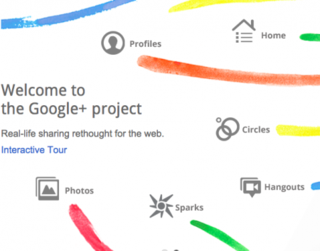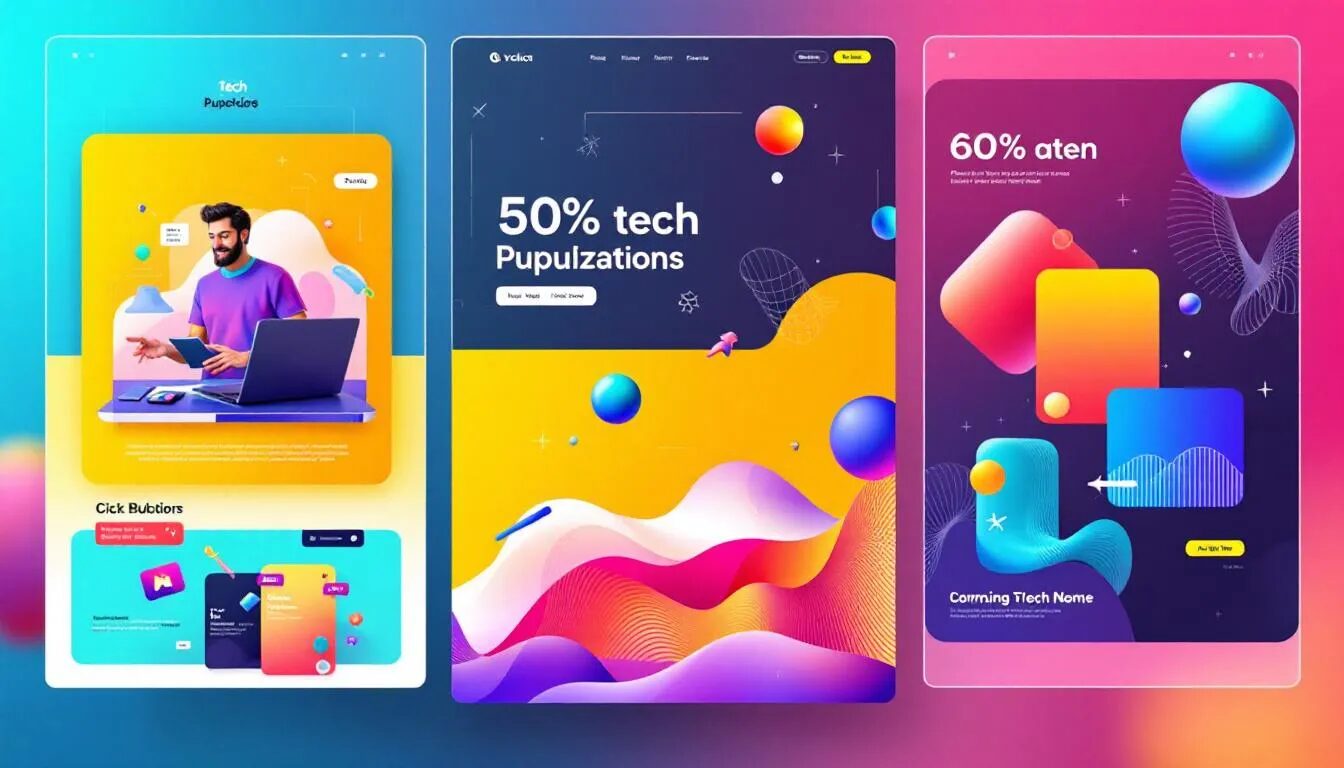
What the Heck is Google+ and What Does it Mean For My Business?
Now that Google+ is beginning to open to the public I thought I’d get my social media manager, Ellery (first VerticalResponser to join Google+), to give me a rundown of what it’s all about.
Another social network?!
Yes, another social network, but one that you should definitely pay attention to. Although dominant in the search market, Google has tried for years to break into social with little luck and some large failures. Google+ seems to be a product of the lessons they’ve learned along the way. After a week of exploring Google+ and its features, I am impressed by how well-thought-out it appears to be. Sure, there are a few of things here and there, and my homepage can sometimes feel like a ghost town since only a handful of folks are on it so far, but I see a ton of potential, particularly for businesses.
So, how’s it different than Facebook?
At first glance, Google+ actually looks a lot like Facebook, probably a good thing when it comes to user adoption. The home page doesn’t drift far from the look and feel of the Facebook wall and status updates and the commenting function works essentially the same way as well. Hey, Facebook has honed its user experience for years…no need to re-invent the wheel, right? The key benefits to Google+, though, lie in the features that aren’t available (or weren’t until just last week) on Facebook in any form. There are five in particular which really stand out to me:
- Circles: Circles give you the ability to sort all of your contacts into separate groups based on the nature of your relationship. You can then select which circles you want to be included whenever you share something on Google+. For example, you could have a circle for your family members where you share pictures of your kids and other family news, while keeping a different circle for your friends and even another circle for just acquaintances. By sorting your contacts in this fashion, the information you share can be much more targeted, and in turn, more relevant to the people you’re sharing with.
- Hangouts: Hangouts are group video chats. By making yourself available to “hangout” you can start a video chat with up to ten of your contacts who are also online at that time. Hangouts recognizes who is talking and the main video feed will focus on that person, making it a lot like a real conversation. You can also share things during a hangout (say an article or a youtube video) which everyone can view together. Now that’s cool!
- Sparks: Sparks is a feature that recommends content for you based on your interests, online activity, and preferences…sort of like your very own custom content curator. Given Google’s expertise in data mining, I expect this feature to become really robust over time. Another nice thing about Sparks is the ability to share things you find to the circles of your choice without ever leaving Google+.
- Huddle: Huddle is a group chat function that can be used online or across Android, iPhone, or SMS. Yes, Facebook just announced the rollout of group chat too, but the integration of mobile and a more professional environment (see next bullet) give Google+ the edge here.
- Aura of professionalism: Okay, so not technically a feature, but I think the professional vibe put forward on Google+ so far (or at the very least, the ability to easily separate friends from professional contacts using circles) is a huge benefit for the network. Google+ seems to take the powerful functionality of Facebook and marry it with the professional environment and discussion topic types of LinkedIn. On top of all that, Google+ functions a bit like Twitter too, in that you can follow someone’s updates regardless of whether they are following you or not. This is a huge plus when it comes to finding good content. For these reasons, Google+ has a lot of implications when it comes to business applications.
Okay, then what does Google+ mean for my business?
For the time being, Google has asked that businesses refrain from creating a profile on Google+. The company says that they have plans for businesses to be able to get the most out of the network, but that it’s just not ready for that functionality yet. If you’re interested in being one of the first businesses on Google+ permitted to create a profile, you can sign up with Google to be notified as soon as profiles are available. Update: Google is no longer accepting applications for beta company profiles of Google+. Look for news on company profiles opening up to everyone later this year.
That said, there are several ways right out of the gate that Google+ is good for business:
- Productivity: Between Hangouts, group chats, and the ability to create work specific circles, Google+ is poised to be a powerful internal communication tool at your company. Imagine being able to push certain information or topics towards one or a few departments without bogging down peripheral employees’ news feeds. With circles, this will be a snap. Have offices spread across several locations but need to arrange a quick face-to-face meeting without springing for a pricey web conference solution? Hangouts has you covered. And for those companies already using Google apps at some level, the inevitable integration with Google+ will be a serious game changer.
- Professional Networking: While Google+ probably won’t replace LinkedIn when it comes to things like showcasing your experience and professional recommendations, it will be a threat to areas like industry specific content sharing and discussion groups. Additionally, Google+ enables users to allow other people to contact them via email, regardless of whether they are in each other’s circles or not. While not everyone will leave this feature on, for those that do it will open a great avenue for new business contacts.
- Competitive Research: For the same reasons that Google+ is a powerful professional networking tool, it can also be useful when it comes to keeping an eye on and interacting with your competition. Google+ allows you to follow anyone with a Google+ profile regardless of whether the connection is reciprocated. Of course, users can specify whether or not specific content is shared with public circles, but for content that is public, Google+ can be a great way to stay up-to-date on news and announcements in your competitive space.
- Personal Branding: Because Google+ profiles are publicly searchable and viewable – don’t worry, you control what is and isn’t shared – the network represents a great opportunity for users to brand themselves by maintaining a complete profile and sharing content that speaks to their areas of expertise. By specifying which circles see what, you can tailor this messaging even further. Remember, though, personal profiles are a reflection of the company as a whole, so be sure that employees who share their affiliations with you are representing the company in an appropriate way.
Any last thoughts, Ellery?
While still in its infancy and admittedly kind of limited to tech geeks like me and our ilk at this point, I see a ton of potential for Google+ moving forward. By making the effort to truly field test the technology before rolling it out to the masses, I think Google will avoid many of the problems they’ve had with social in the past. Google is building a powerful social network on top of an infrastructure (search, email, documents, advertising, etc.) that already has mass adoption. Leveraging this fact is going to be the difference here and what makes Google+ the first legitimate contender to Facebook’s social dominance.
That, and I’ll gladly trade you a Google+ invite for an extra week of vacation!
© 2011 – 2018, Contributing Author. All rights reserved.



